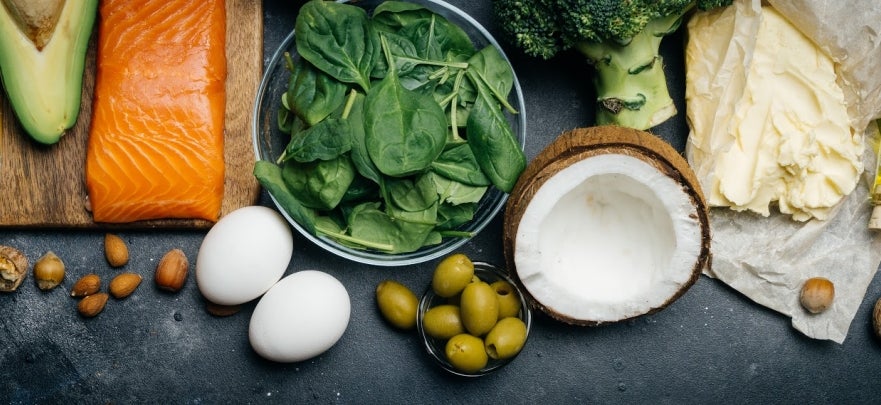Low Carb vs. Keto Diet: What’s the Difference?
There is a new diet trend running rampant. Books, online, in supermarkets, and gyms everybody is talking about ‘keto” or “low carb.” So what are these diet fads and why are they so popular? Let’s dive in to see the major differences between the two popular diets, then you can decide if one is right for you.
Low Carb Diet
A low carbohydrate, aka low carb, diet is exactly what it sounds like: Eating low amounts of carbohydrates. This diet does not necessarily specify how much fat or protein you should be consuming. Eating low carb is a great way to lose weight fast if you know what you are doing! Limiting carbs can also damage your body if you do it incorrectly. Restricting any macronutrient can be dangerous for your body. However, reducing the amount of carbohydrates you eat, especially in the processed form of bread, pasta, or desserts, can improve your overall health and weight loss significantly. There is no magical low number of carbs, so the results can vary greatly.
Pros:
- Limiting carbs can improve health and decrease cholesterol and high blood sugar when done right.
- A low carb diet is easy to adopt and start slowly.
- Even while reducing carbs, you can include some of your favorite fruits and vegetables.
- A low carb diet is not as restrictive as a keto diet.
Cons:
- The amount of carbohydrates in a low carb diet isn’t specific so you may not see results.
- Extreme limits can slow the metabolism and affect thyroid function.
- You may experience tiredness or lack of focus.
Keto Diet
The ketogenic diet has recently gained popularity because of its rapid results and health benefits. Being “keto” means eating high fat and drastically restricting carbohydrates so your body is forced to burn fat for energy instead of carbs. This diet means getting about 5%-10% of your daily calories from carbs, 15%-30% from protein; and 65-90% from fat. The diet requires a lot of effort to count every carb and make sure your body is making ketones. Ketones are produced in the liver from fatty acids and are used instead of glucose for energy in the body. Many people use urine test strips to measure the amount of ketones in their pee. This diet does take some effort to learn and perfect in the beginning, but has many benefits in the long run as well.
Pros:
- The keto diet keeps blood sugar stable.
- It suppresses hunger for long periods of time.
- It can produce rapid weight loss.
- More focused, clear-thinking is a bonus.
Cons:
- Following the keto diet requires a lot of effort and measuring.
- It is very restrictive on certain foods, including healthy fruits and veggies.
- It is not necessarily realistic as a lifelong diet.
- Side effects such as cramping, keto flu, bad breath, and more can result.
- Many unhealthy foods can still be considered “keto,’ aka keto junk food.
Remember eating healthy is about making good choices overall, which means eating nutrient dense foods. So whether you go low carb or keto, you should still be making smart choices about which foods to include. The bottom line is follow the diet that works with your personal lifestyle. The best diet or nutrition plan is the one you can stick with!






